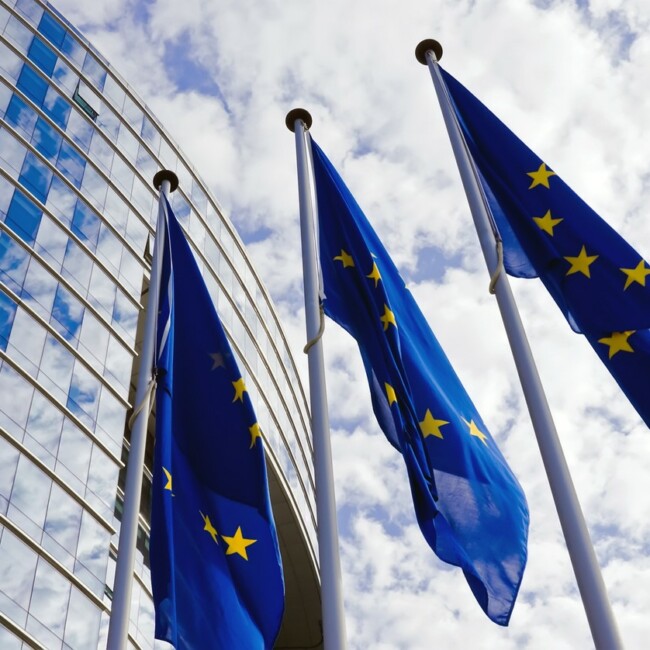The rapid development of Artificial Intelligence (AI) has profound transformative potential for society. Given its uncertain evolution and widespread accessibility to both benevolent and malevolent actors, it is necessary to focus on AI governance in terms of developing global regulation and oversight – this is the case especially with regard to military applications. The recent challenges in multilateral cooperation, particularly between major powers, make (global) regulation of military AI extremely difficult. The EU’s advance on the regulatory front with the Artificial Intelligence Act (AIA) excludes military use of AI, and another hurdle is posed by the spillover effects of military AI on the strategic competition between the United States and China.
This seminar discusses how the EU should position itself in and among various governance and regulatory efforts aimed at military applications of AI. It builds on an extensive AI expert survey conducted by Erasmus University Rotterdam in autumn 2023. In particular, the seminar addresses EU’s coalition-building willingness, whom to liaise with, and how the EU can situate itself in a global landscape where a multitude of initiatives are being set forth. The event is arranged as part of the Reignite Multilateralism via Technology (REMIT) project. REMIT is funded by the European Union’s Horizon Europe Research and Innovation Programme under grant agreement No 101094228.




